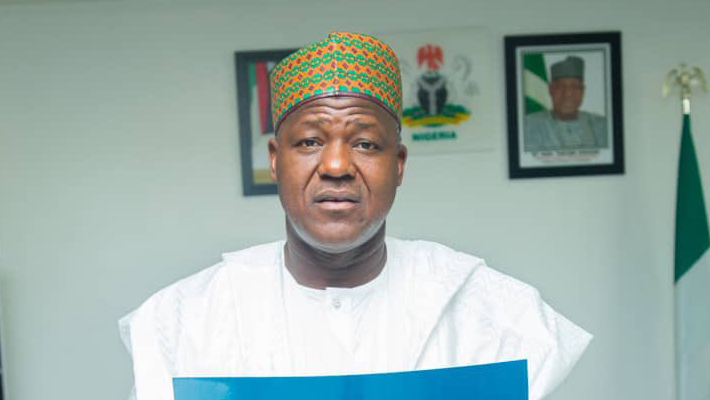How to stop harassment of legislature by executive — Dogara
A former Speaker of the House of Representatives, Yakubu Dogara, has called on the new assembly speakers in the country to check their respective executives’ excesses and hold them accountable. In a statement by his spokesman, Turaki Hassan Adamu, distributed to reporters in Bauchi State over the weekend, Dogara stated this when he presented a […]

A former Speaker of the House of Representatives, Yakubu Dogara, has called on the new assembly speakers in the country to check their respective executives’ excesses and hold them accountable.
In a statement by his spokesman, Turaki Hassan Adamu, distributed to reporters in Bauchi State over the weekend, Dogara stated this when he presented a paper at a one-day “Technical Session for Speakers of State Houses of Assembly” with the theme: “Effective Leadership for Emerging Legislatures: Lessons, Challenges, Opportunities, and Recommendations”, organised by PERL-ECP, in collaboration with the Conference of Speakers, held in Abuja.
Dogara said that in order to put a stop to the constant harassment of the legislature by the executive, the legislative arm of government must create the office of “Independent Counsel” at both the national and sub-national levels as obtained in the US.
The statement reads in part: “For those who doubt that we are in a monarchy; not a democracy, let me just point at one recent example. The executive had raised trillions of naira by means of ways and means not only in the absence of express.
- Buhari condoles FCT Council of Imams’ chairman over mother’s death
- Speak up, Ogun first lady tells GBV victims
“Legislative authorisation but in violation of the express provisions of Section 38 of the CBN Act of 2007 as amended, the parliament was asked to approve the advances to the government which had risen from just about N789.6 billion in May 2015, to N22.7 trillion in 2023. Section 38 of the CBN Act of 2007 above refers to the powers of the bank to grant temporary advances to the government.
“But Subsection 2 clearly circumscribes the amount that can be advanced to the government where the total amount of such advances outstanding shall not at any time exceed five percent of the previous year’s actual revenue of the federal government.
“The next subsection is also quite clear on the repayment of such advances, stating in express terms that they shall be repaid as soon as possible and shall, in any event, be repayable by the end of the federal government’s financial year in which they are granted, and if such advances remain unpaid at the end of the year, the power of the bank to grant such further advances in any subsequent years shall not be exercisable unless the outstanding advances have been repaid.
“In the days when the powers of the legislature were in the ascendancy, such a request from the executive would be declared dead on arrival. The parliament was in a quandary of monumental propositions because even if it had amended the CBN Act like it was subsequently done in one fell swoop, such a measure cannot confer legality on violations of the laws that had taken place before the amendment.
“Only a rogue legislature would give any legislative measure a retrospective effect. But to demonstrate that we are led by the whims of powerful individuals and not the law, this manifestly and patently illegal advance of a whooping N22.7 trillion was passed by one of the houses of the national parliament.”
“Thankfully, the other house didn’t even look at it. This is just one example. So many such cases are becoming routine in legislatures at all levels. Where there is effective leadership in a legislature that is alive to its responsibilities, the executive cannot approach the legislature to put a legislative stamp on such brazen illegality.”
